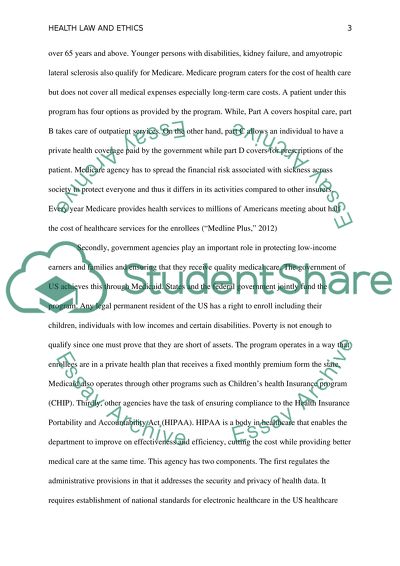Cite this document
(“Health law and ethics Essay Example | Topics and Well Written Essays - 1500 words”, n.d.)
Health law and ethics Essay Example | Topics and Well Written Essays - 1500 words. Retrieved from https://studentshare.org/health-sciences-medicine/1457048-health-law-and-ethics
Health law and ethics Essay Example | Topics and Well Written Essays - 1500 words. Retrieved from https://studentshare.org/health-sciences-medicine/1457048-health-law-and-ethics
(Health Law and Ethics Essay Example | Topics and Well Written Essays - 1500 Words)
Health Law and Ethics Essay Example | Topics and Well Written Essays - 1500 Words. https://studentshare.org/health-sciences-medicine/1457048-health-law-and-ethics.
Health Law and Ethics Essay Example | Topics and Well Written Essays - 1500 Words. https://studentshare.org/health-sciences-medicine/1457048-health-law-and-ethics.
“Health Law and Ethics Essay Example | Topics and Well Written Essays - 1500 Words”, n.d. https://studentshare.org/health-sciences-medicine/1457048-health-law-and-ethics.


